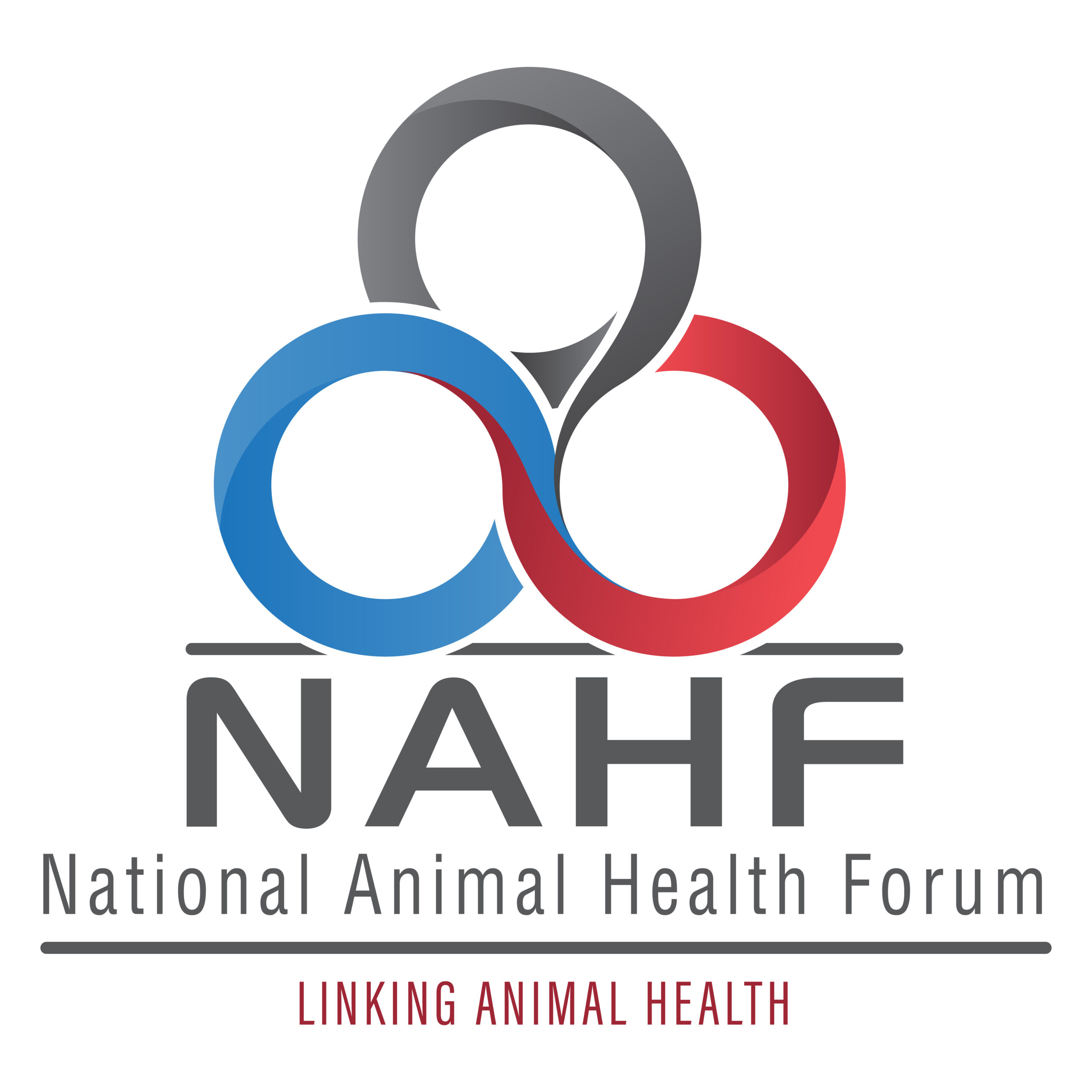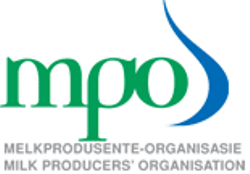
3 August 2020


In a tragic paradox, COVID-19, the lockdown regulations, and associated economic downturn are resulting in vast amounts of potential food waste, while half of South African households report going hungry in the past three months, according to a distressing new survey. This situation demands a swift response from South African supply chain teams who must collaborate with non-governmental organisations (NGOs) and third party logistics (3PL) networks with a national footprint to redistribute surplus food effectively and timeously, says SAPICS, The Professional Body for Supply Chain Management.
The National Income Dynamics Study (NIDS) Coronavirus Rapid Mobile Survey found that in less than a month, three million South Africans had lost their incomes and jobs, and that hunger in the country is now a crisis. At the same time, as COVID-19 disrupts consumer demand and supply chains, farmers are being forced to throw away fresh fruit, vegetables, and dairy products.
According to SAPICS, The Professional Body for Supply Chain Management in Southern Africa, COVID-19 has highlighted issues in food supply chains. “The complex logistics of food supply chains makes diverting food supply away from wholesalers and directly to struggling consumers costly and challenging,” says SAPICS president Keabetswe Mpane. “COVID-19 has had a devastating impact on the food service industry, which is usually farmers’ biggest market. Restaurants, hotels, schools, universities, and canteens have closed, or scaled back. The drastically reduced demand has placed enormous strain on farmers and food producers, leaving them with a surplus of highly perishable goods.”
Organisations like FoodForward SA are, however, offering hope for the hungry during the COVID-19 crisis by redirecting food waste from farmers and food producers to vulnerable people and communities, Mpane states.
McCain Foods is a long-standing supporter of FoodForward SA. Robert McKenna, supply chain director at McCain, believes there has never been a greater need for programmes like FoodForward than there is today. “McCain has been actively involved with FoodForward SA since 2017. As the world’s largest manufacturer of frozen potato products, appetizers, and frozen vegetables, our collaboration with FoodForward SA is enabling us to fulfil one of our core values which is ‘Be Good Do Good’,” McKenna says.
Established in 2009 to address widespread hunger in South Africa, FoodForward SA recovers quality edible surplus food from the consumer goods supply chain and distributes it to community organisations that serve the poor. FoodForward SA’s Second Harvest programme recovers edible surplus food from farmers and growers while they harvest. FoodForward serves 530 beneficiary organisations that reach 201 150 vulnerable and disadvantaged beneficiaries daily.
Currently, McCain ranks at number 16 among FoodForward’s top 20 food donors.
Since the beginning of the COVID-19 lockdown, McCain has increased its donation efforts to help those in need. “Rising poverty and food insecurity are putting many more lives at risk. Families and communities are increasingly desperate. In the current year, McCain has donated over 400 000 meals through FoodForward,” McKenna states.
As part of the celebration this year of McCain’s South African business’s 20th anniversary, the organisation will accelerate its efforts to fight hunger in the country. “Through our partnership with FoodForward SA, McCain launched a digital campaign called #givingtogether. This initiative allows our digital communities to donate meals in their names through likes, shares and comments using the hashtag #givingtogether. The COVID-19 crisis has helped to put the spotlight on initiatives like FoodForward SA. McCain is committed to supporting its vital work now and beyond the pandemic and we urge other businesses in the food supply chain to get involved, too,” McKenna concludes.
Issued by Express Communications, on behalf of SAPICS. For more information:
Tel: +27 (0) 11 023 6701
Email: info@sapics.org.za
ABOUT SAPICS: http://www.sapics.org
Since its foundation in 1966, SAPICS, The Professional Body for Supply Chain Management, has become the leading provider of knowledge in supply chain management, production and operations in Southern Africa. SAPICS builds operations management excellence in individuals and enterprises through superior education and training, internationally recognised certifications, comprehensive resources and a country-wide community of accomplished industry professionals. This community is ever expanding and now includes a multitude of associates in other African countries as well as around the globe. SAPICS is proud to represent the Association for Supply Chain Management (ASCM) as its exclusive premier channel partner in Sub-Saharan Africa. Established 41 years ago, the annual SAPICS Conference is the leading event in Africa for supply chain professionals. The 2020 SAPICS Conference takes place in Cape Town from 22 to 25 November 2020.
Published on Wednesday, 5th August 2020 - 11:03
Recent Posts
disclaimer









